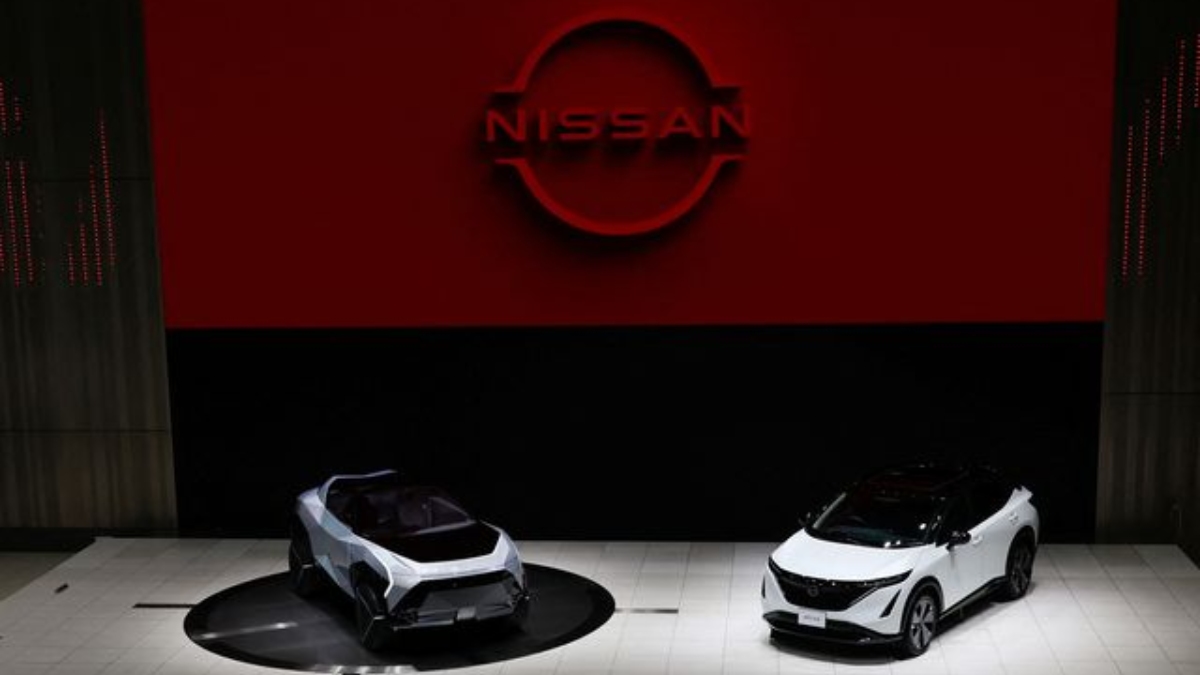Nissan Motor Company is gearing up for significant workforce reductions, with plans to cut approximately 11,000 jobs as part of a broader restructuring strategy. This decision follows the automaker’s alarming forecast of a potential net loss ranging from 700 billion yen to 750 billion yen (approximately $4.74 billion to $5.08 billion) for the recently concluded financial year, largely attributed to impairment charges. The company had already indicated in November 2024 that it would eliminate around 9,000 positions, primarily due to dwindling sales in key markets like the U.S. and China, which saw a staggering 94% drop in first-half net sales.
The Escalating Job Cuts
Recent developments suggest that Nissan’s situation has deteriorated since the initial announcement. According to a report from NHK, Japan’s public broadcaster, the company is now set to increase job cuts to a total of nearly 20,000, accounting for 15% of its global workforce. This intensifying challenge highlights the urgent need for Nissan to recalibrate its operational strategies in the face of declining demand.
- Total job cuts: 20,000
- Percentage of workforce affected: 15%
Early Retirement Offers
In a strategic move to streamline its workforce, Nissan is also considering offering early retirement packages to several hundred administrative staff in Japan. This approach marks the company’s first foray into early retirements in 18 years, signaling a significant shift in its employment strategy.
Abandoning Major Projects
In a further setback, Nissan recently announced the cancellation of plans for a $1.1 billion battery manufacturing facility for electric vehicles on the island of Kyushu. Originally proposed in January, the plant was expected to produce lithium iron phosphate batteries and create around 500 jobs. The Japanese government had even pledged a subsidy of 55.7 billion yen to support this initiative.
Future Outlook
Nissan is poised to share its financial outlook and recovery strategies during its full-year financial results announcement on Tuesday. Under the leadership of new CEO Ivan Espinosa, who succeeded Makoto Uchida last month, the company is taking decisive actions, including workforce reductions, production capacity adjustments, and plant closures, to navigate through these turbulent times.
With the automotive industry facing unprecedented challenges, Nissan’s restructuring efforts reflect a critical response to market realities. The upcoming financial updates will shed light on how the company plans to stabilize and grow in the evolving landscape of the automotive sector.











